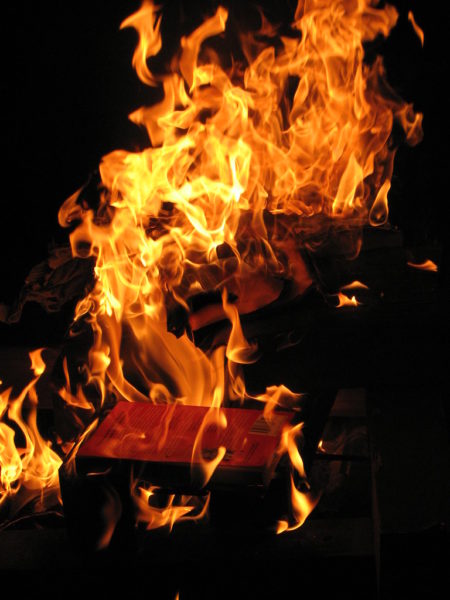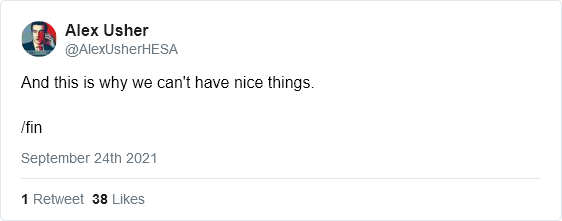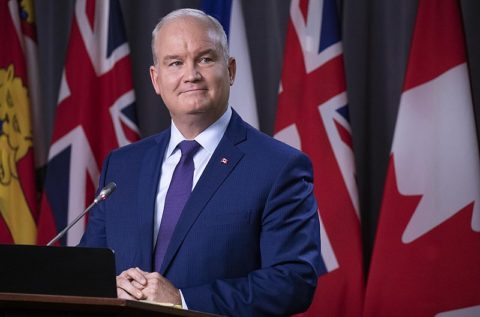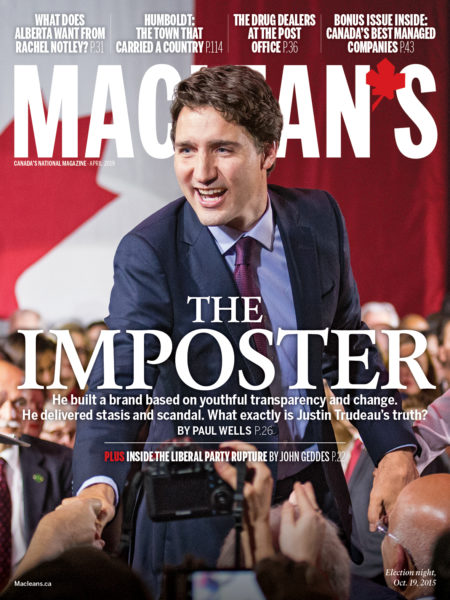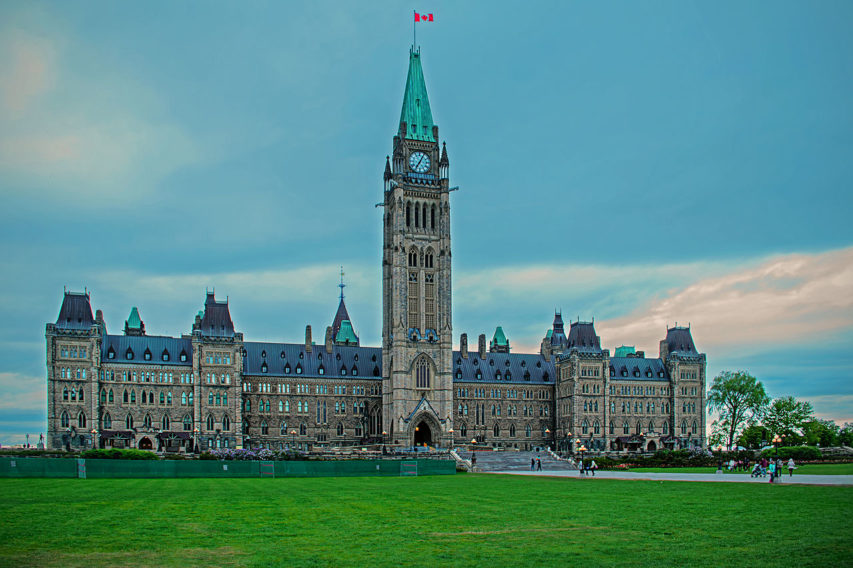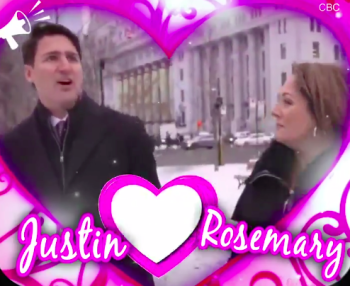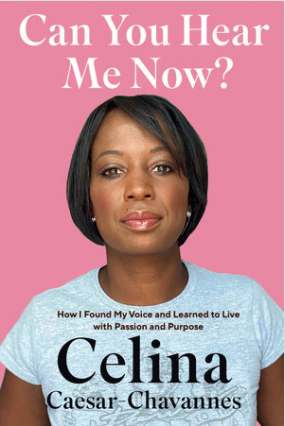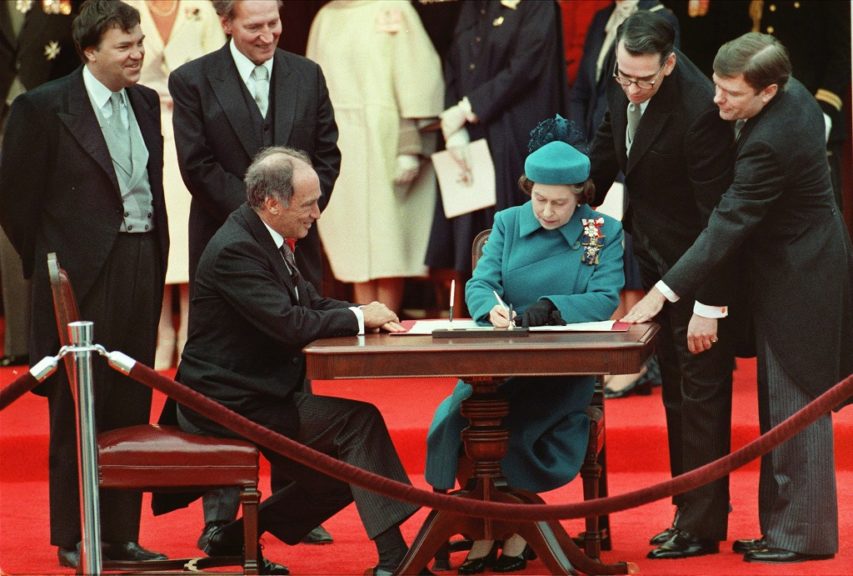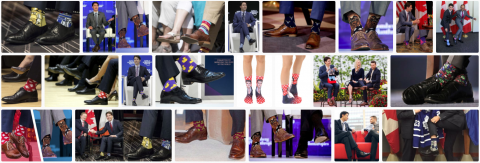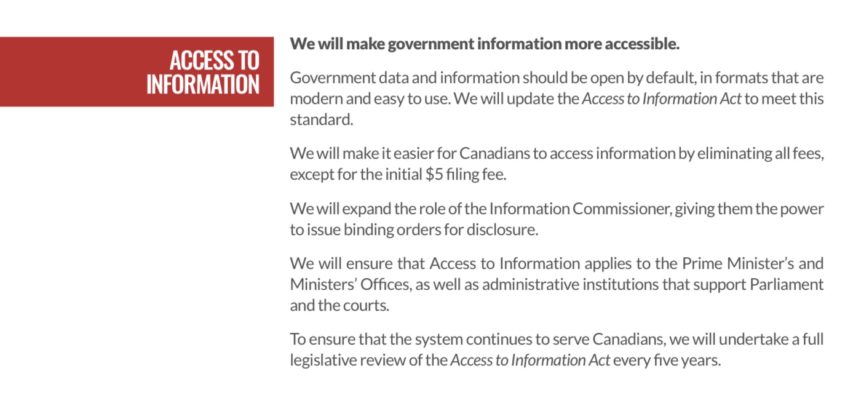There are few enough opportunities for First Nations people in Canada to be heard and for their efforts to matter on issues of concern to all First Nations people … so why do so many of those positions seem to be held by people who lie about their First Nations ancestry? (The original CBC story is from back in September, but I only found out about it today, with my usual great sense of timing.)
Suzy Kies, the co-chair of the Indigenous peoples’ commission of the Liberal Party, has resigned from the position after her claim to Indigenous ancestry was called into question.
Radio-Canada reported on Wednesday that it could not confirm Kies’s claims to Indigenous ancestry. Kies told Radio-Canada in an interview that her father is of European descent and her mother is of Indigenous descent.
“My mother’s family is from several communities,” she told Radio-Canada in an interview in French. “On my grandfather’s side, it’s the Maliseet, from St. Mary’s, New Brunswick, there are also the Laporte who are Innu. And my grandmother was Abenaki from Odanak.”
In Radio-Canada’s reporting, they consulted civil status records and the Abenaki Council of Odanak, who did not find Kies on the band list.
The story came following controversy over a book-burning project at a francophone Ontario school board in which Kies was involved. The event, which was carried out by the Conseil scolaire catholique Providence in 2019, has resurfaced during the election campaign and has attracted condemnation by federal leaders.
The event was meant to promote reconciliation by burning and disposing of books the school board deemed to contain outdated and inappropriate depictions of Indigenous people. The books included novels, comic books and encyclopedias, according to a documentary obtained by Radio-Canada. Nearly 5,000 books were disposed of, but only around 30 were burned.
H/T to halls of macadamia for the link.
Update: A disturbing number of white American college applicants are lying about their racial ancestry to (significantly) improve their chances of being accepted, so I guess Canadian Pretendians are just slightly ahead of the curve:
The survey of 1,250 white college applicants ages 16 and older found that the most popular racial claim was Native American. Out of the 34 percent of white college applicants who lied about their race, 77 percent were accepted.
“It’s the easiest lie to tell because you can’t get caught in it,” said Vijay Jojo Chokal-Ingam, an admissions consultant at SOSAdmissions.com and author of Almost Black: The True Story of How I Got Into Medical School By Pretending to Be Black.
“A lot of people, based on very flimsy reasons, claim to be either African-American, Hispanic or Native American because they know it’s going to improve their chances,” Chokal-Ingam said in an interview with The College Fix.
Though lying on college applications is frowned upon, universities typically do not push back on students about their race. Instead, they accept it regardless of what they look like, he said.
“It’s become a joke,” Chokal-Ingam said.
He cited Senator Elizabeth Warren, who famously “lied about her race to get a faculty position at Harvard.”
“If there was a degree to which people felt guilt about doing that, it died with Warren because the Boston Globe, the New York Times, the Washington Post — they all ran to her defense,” he said. “This prompted an ‘if she can do it, I can do it too’ ideology.”
“When President Trump called Senator Elizabeth Warren ‘Pocahontas’, [the media] called him a racist. They said it was a racist thing. On the contrary, I think that he was bringing to attention a very important issue in the field of racial-race relations,” Chokal-Ingam said. “He was making people aware of the fact that people routinely, on a massive scale, lie about their race.”
H/T to Glenn “Instapundit” Reynolds, who pointed out, “If white supremacy were actually a thing, this wouldn’t be happening”.

